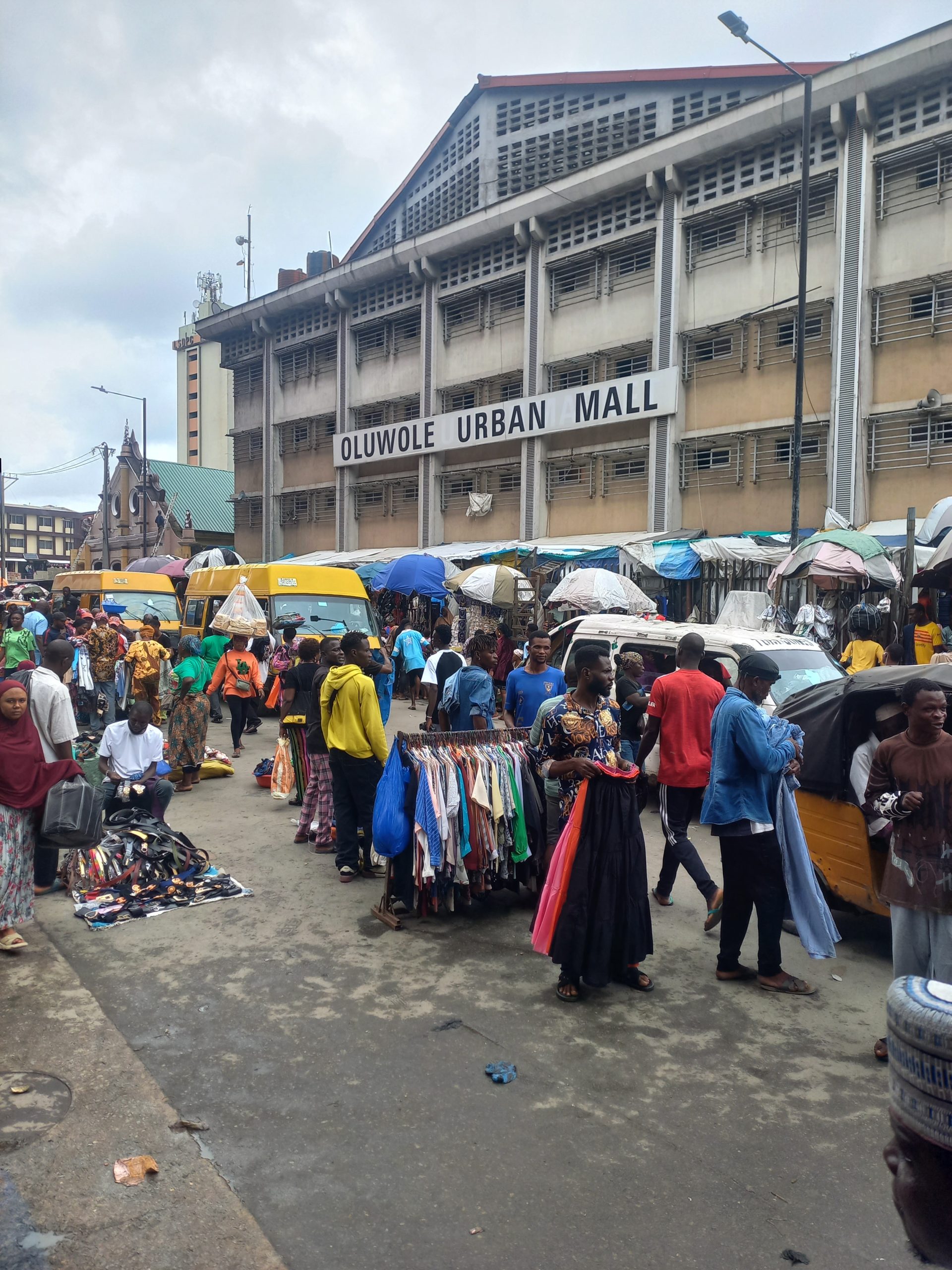In a three-month undercover investigation, Daily Trust obtained fake certificates from a notorious forgers’ haven in Lagos city centre and used them to secure a teaching job at two schools in the state, highlighting deficiencies in the verification of certificates, the far-reaching implications of counterfeit credentials for society, and the need for policy-backed, technologically-driven systems to ensure real-time verification
Early in June, I was asked to investigate the operation of a criminal syndicate in Oluwole, a bustling enclave on Lagos Island infamous for forgery of certificates, land documents, tax clearance, visa, signatures and more. The gang is notoriously adept at forging documents that could hardly be told apart from the original. And in fact, on many occasions, it would require digital verification to spot the counterfeit.
The desk wanted me to unravel how much the forgers charge and the impact of their activities on various facets of society: health, education, etc. I was expected to submit the story in two weeks, but the deadline was not a concern. There are several media reports on Oluwole already and I wondered what else was left to write about.
In 2005, operatives of the Nigeria Police, the Economic and Financial Crimes Commission (EFCC) and the State Security Service raided the forgers’ den. The then Inspector-General of Police, Sunday Ehindero, told journalists that the joint security team recovered over 40,000 Nigerian passports, 1,500 foreign passports, including the United States and Switzerland’s, 10,000 blank British Airways tickets, 50,000 cheque leaves of foreign banks, about 10,000 US Postal Money Orders, blank certificates of occupancy, bills of lading, 500 printing plates and 500 computers.
Others were forged bank account statements, stamps and seals of government bodies, blank marriage certificates, death certificates, certificates of incorporation and International driver’s licences. Ehindero paraded 115 suspects arrested during the clampdown.
Undeterred, the ‘boys’ returned to work after a while, prompting the Lagos State Government to demolish structures they used to perpetuate their illicit activities in 2007. A modern commercial edifice labelled Oluwole Urban Mall was built on the same spot.
Expectedly, three days to the deadline, on a Wednesday, one of the editors reminded me of the story. When it became clear she wouldn’t budge how hard I tried to explain the story idea away, I began to ruminate on fresh angles to explore.
I thought of procuring a West African Examinations Council (WAEC) certificate, a degree and a National Youth Service Corps discharge certificate and using them to apply for a teaching job, considering how teachers can make or mar children’s educational development. “But can they truly be presented to employers without being flagged?” I imagined, yet optimistic I had found a lead.
An encounter with forgery agents
Time was ticking towards noon on June 30 when I visited Oluwole, a crowded area nestled by the popular Balogun Market, high-rising corporate facilities and shopping plazas. The street buzzed with a cluster of roadside traders stoutly milling around traffic to market their wares.
For minutes, I stood still opposite the rebuilt Oluwole mall, unsure of where to find the fraudulent clique as their known hideout had been demolished long ago. I later walked up to a fierce-looking young man named John in front of a shop some metres away. He spotted dreadlocks and a stud in his left ear.
“Guy, how far?” I greeted him in a gravelly voice, trying to strike a chord with him. After exchanging pleasantries, I whispered to him that I needed some documents.
“Follow me,” John beckoned swiftly and led me to a line of stands adjacent to Oluwole Urban Mall, where food vendors, gin sellers, herbal mixture venders, Point of Sale (PoS) agents and operators of a betting outlet popularly known as Baba Ijebu converged. He handed me over to a lanky, middle-aged, dark-complexioned man identified simply as Ola and vanished into thin air.
It quickly dawned on me that, despite the massive clampdown on the counterfeiters and a new mall that displaced their hideout, forgery is still alive and kicking at Oluwole. The only thing that has changed is the forgers’ modus operandi. They have gone underground, loitering around the vicinity for customers they know would surely come.
Read more: https://dailytrust.com/investigation-journalist-secures-2-jobs-with-oluwole-certificates/

